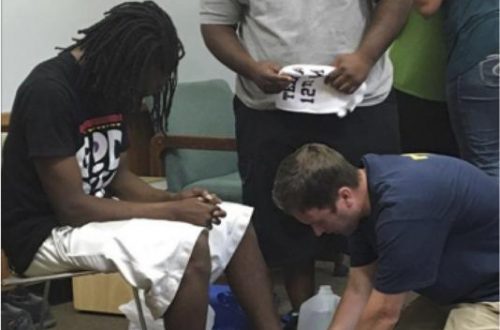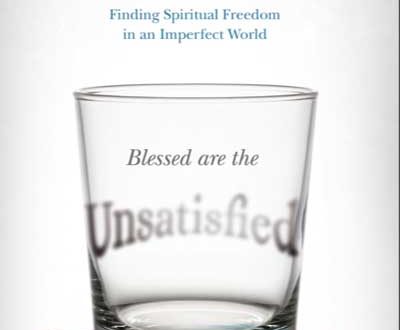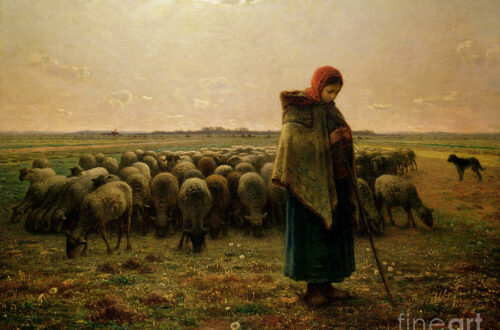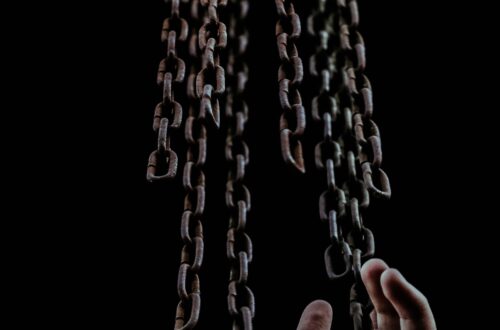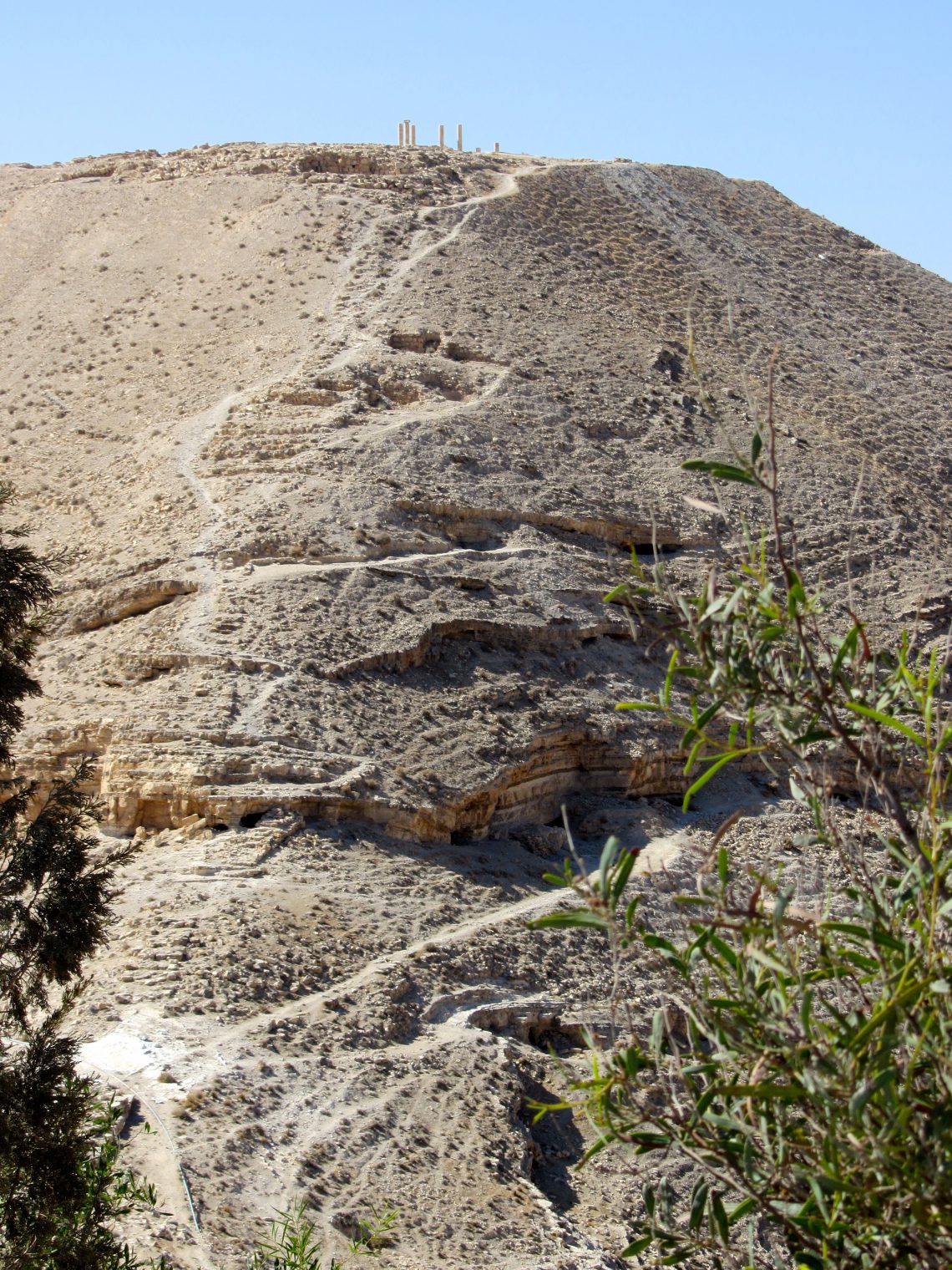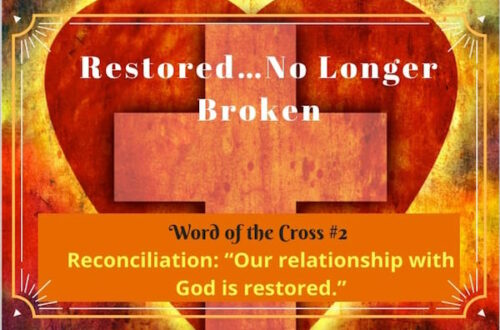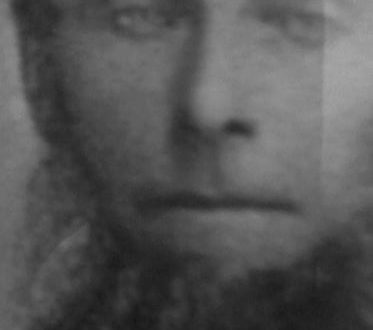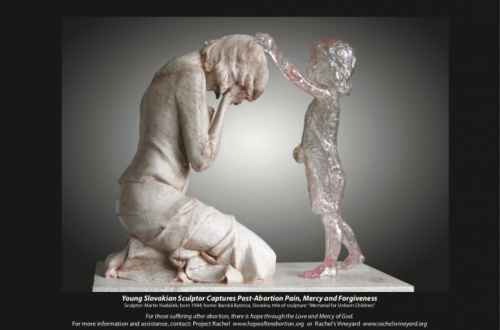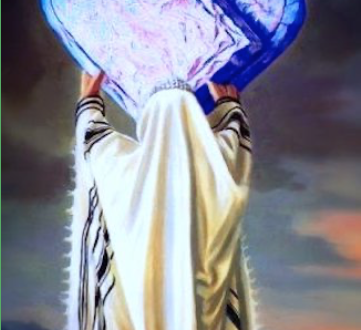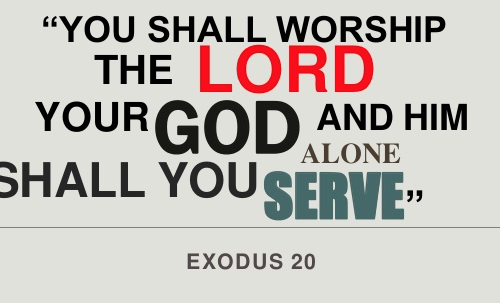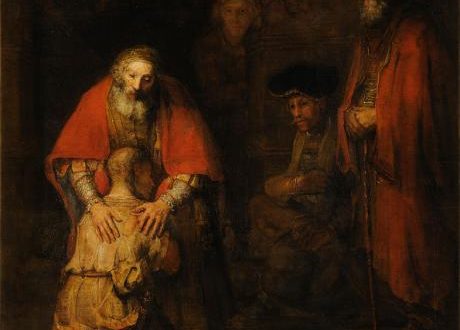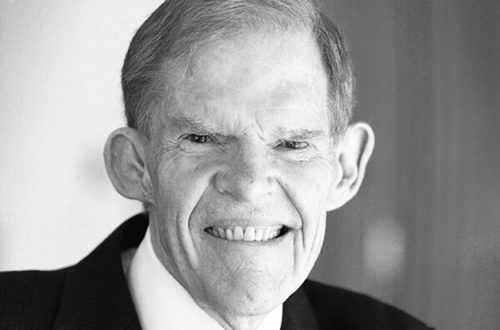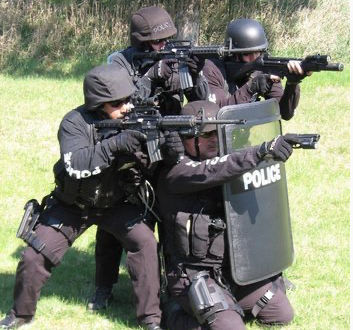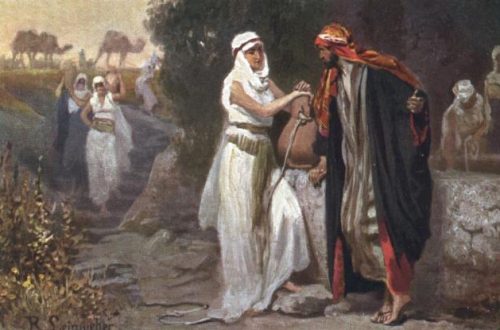-
Decrease, Increase?
John the Baptist’s words in John 1:29 cause me to pause and wonder. Why would his simple words, “Behold, the Lamb of God, who takes away the sin of the world!” seem so profound? Who was John the Baptist? What can I learn from this unique man that lived over 2000 years ago? These types of questions sent me on a search that revealed some life lessons for me. By God’s great mercy, John the Baptist was born to Elizabeth and Zachariah. Elizabeth was from Arron’s line, Zachariah was from the division of Abijah, they were both elderly and considered righteous in the sight of God (Luke 1:5-7). Because there…
-
The Forerunner: What Does Repentance Look Like?
About four hundred years before Christ, Malachi (5th century BC) predicted that the prophet Elijah (who lived in the 10th century BC) would return and herald the arrival of the Messiah (Mal. 4:5). In John the Baptist’s day, his people expected the literal Elijah to return from the dead as Messiah’s forerunner. Elijah himself had raised a dead person, so they had some precedent for someone coming back from the dead. The angel’s announcement to Elizabeth and Zechariah identified their baby as the fulfillment of Malachi’s prophecy; he would come in the “spirit and power” of Elijah (Luke 1:17, 76). During John’s ministry, when asked if he was Elijah, John said, “I…
-
The Foremost Figure of Advent
In my favorite book to read in this season, Advent: The Once and Future Coming of Jesus Christ, Fleming Rutledge notes, “I have never seen a picture of John the Baptist on any Advent calendar, yet he is the foremost figure of Advent.” We might think Jesus would be the central figure, yet part of our Lord’s centrality in Advent is in his absence. We await his return asking, How long, O Lord? In John’s day, the Jews—at least, some of them—expected the literal Elijah to return from the dead as forerunner of Messiah (Mal. 4:5). And the announcement of John’s birth identified him as the fulfillment of Malachi’s prophecy; he would come…
-
The Voice of a Proclaimer
Leadership is broken because leaders are unbroken The Voices of Christmas: The Voice of a Proclaimer He came as a proclaimer out of the desert in the line of the great Wilderness Prophets such as Moses and Elijah. He was John the Baptizer, and he was fully consecrated unto God and filled with the Holy Spirit from birth. John was both radical and real, and it was this radical reality that drew people from cities all around into the wilderness to hear his message. At one point Jesus asked, “What did you go into the desert to see? A reed blowing in the wind? A man dressed in fine clothes?…
-
The Voice of One Crying in the Wilderness
Leadership is broken because leaders are unbroken The voice of one crying in the wilderness, Clear the way of the LORD! Make straight a highway in the desert for our God! Every valley will be exalted and every mountain and hill will be made low; the rough ground will be made level, the rugged places a plain. Then the glory of the LORD will be revealed, and all the people will see the salvation of the Lord. The LORD has spoken. From Isaiah 40:3-5, the greatest Christmas poem ever written Many American Christians today are running scared. America has lost its cultural salvation, and they have lost their hope. …
-
The Voice of a Father
Leadership is broken because leaders are unbroken Christmas. The scent of a beautiful green tree filling the house decorated with colorful balls, shining lights, shimmering tinsel, and topped by an angel. Decorations generously spread from room-to-room, symbols of wonderful family memories passed down from generation-to-generation. I love Christmas and all it represents. One thing I get tired of, though, is pundits who annually quote Bible verses they don’t understand about peace on earth and good will toward men when they have no grasp of how to fill that longing… The human heart cries for deliverance from suicide bombings and ceaseless streams of refugees risking their lives in rickety boats…
-
The Sign of Silence
Leadership is broken because leaders are unbroken Four-hundred years of silence. Not a sound. Not a word. Not a prophet. Not a spokesman. Not the screeching of a chair or the clearing of the throat as a speaker mounts a rostrum. Nothing. Just silence. And the nation was getting restless. Oh, they had enough through what God had said previously to live with hope and anticipation. They had His covenants and His promises and His faithfulness. He had kept many of His promises already. He had released them from Egypt and returned them to the Promised Land; He had delivered them from Babylon and once again restored them…
-
Jordan: The Other Holy Land
When people think about where God has set His redemption story, they usually think of Israel, as they should. But God also revealed Himself with relative frequency in a less-explored part of the Holy Land—Jordan. In the ancient church, mentors often encouraged believers to visit the places where redemption’s drama unfolded at least once in their lives. Seeing such sites, located as they are in time and space, added to the eyes of faith. I love about Jordan that many of the biblical sites do not have shrines built on them. That makes it easier to imagine these places in Moses’s day or in Jesus’s time. So add Jordan to…

